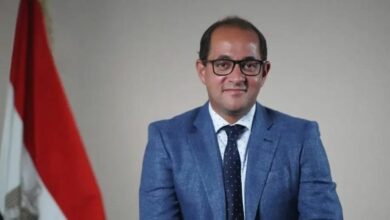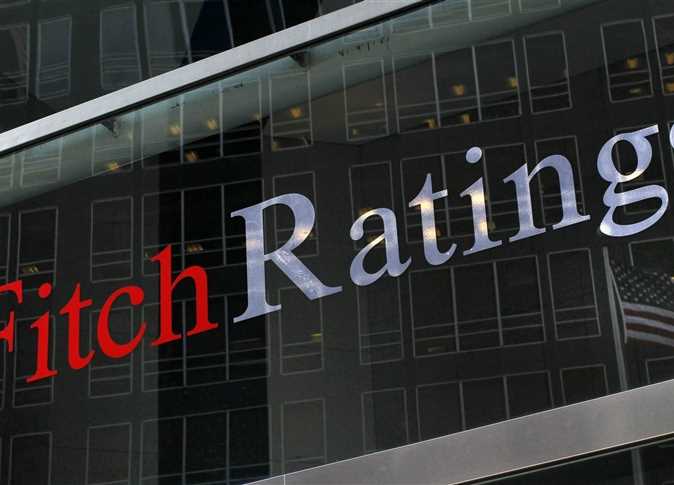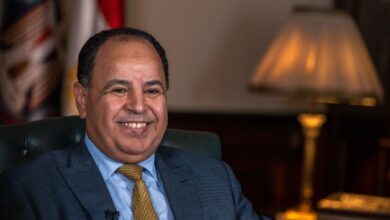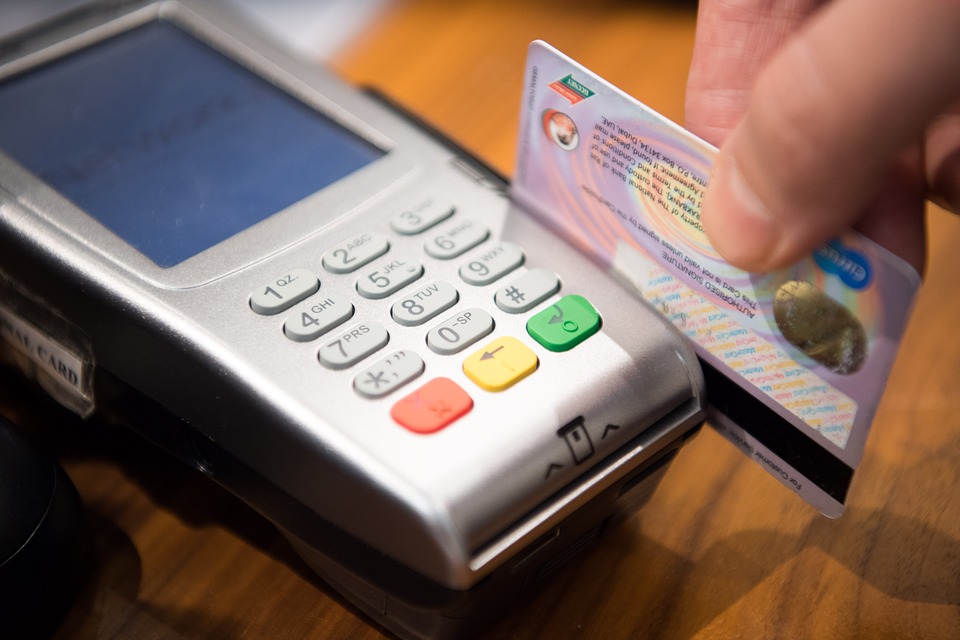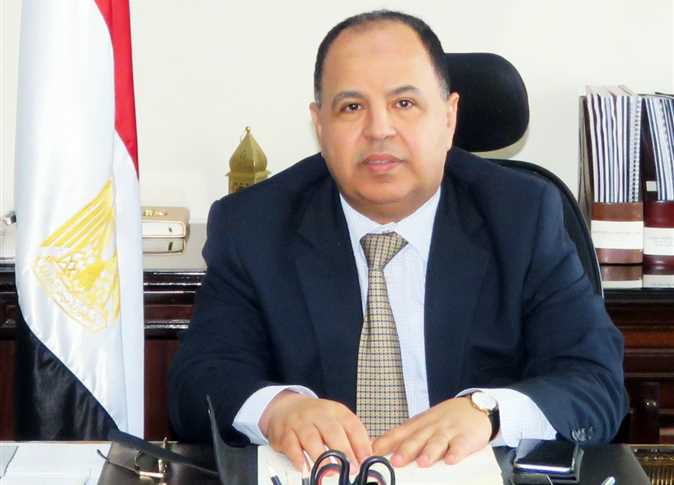
Egyptian Finance Minister Mohamed Maait on Saturday discussed a proposal with UN Under-Secretary-General Vera Songwe to support countries impacted by the coronavirus crisis by establishing a special entity under the umbrella of the United Nations, backed by major countries and regional and international financial institutions.
A Finance Ministry statement explained that this entity would pay the financial obligations of countries negatively affected by the pandemic until their economies can recover.
Maait added that his country also backs various proposals supported by the G20 and major nations to African countries whose economies have been stricken by the coronavirus crisis and its repercussions.
These proposals include reliving debt burdens in these countries either through rescheduling, postponing or exempting them in coordination with regional and international financial institutions such as the Islamic Development Bank, the African Development Bank, the International Monetary Fund, and the World Bank – alongside donors from major industrialized countries.
Egypt supports the existence of a proposed entity to pay the financial obligations of countries negatively affected by the coronavirus pandemic, until they recover economically.
Maait and Songwe’s talks were held via video conference in the presence of the Assistant Minister of Finance for Economic Affairs.
Egypt’s government has adopted a preemptive policy in dealing with the coronavirus crisis, the minister explained, adding that it has succeeded in containing its repercussions.
Maait said that the political leadership took the initiative to allocate a financial package supporting the Egyptian economy, amounting to two percent of the GDP, in a way that contributed to alleviating the shock of the pandemic and supporting the most impacted sectors and groups.
Egypt is also the only country in the Middle East and Africa that has retained the confidence of all three global evaluation institutions – Standard & Poor’s, Moody’s and Fitch – during one of the global economy’s most difficult periods under the pandemic.
He added that the reforms taken by the political leadership have provided a measure of resilience to the national economy, enabling it to withstand internal and external challenges and shocks.
“We are continuing to implement an integrated package of structural reforms to strengthen the macroeconomic structure,” Maait said.
Edited translation from Al-Masry Al-Youm

